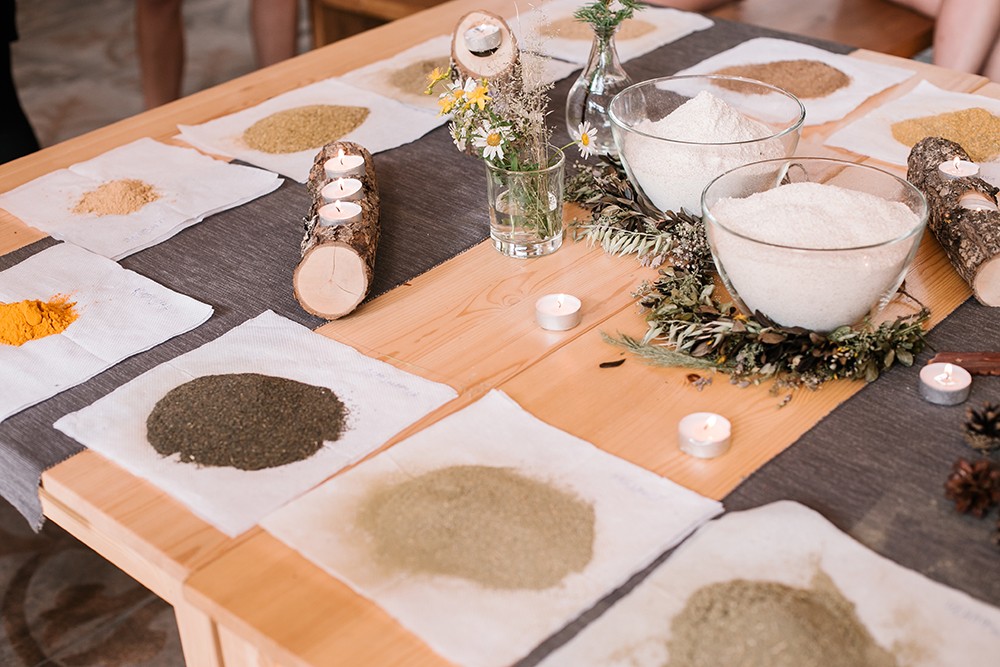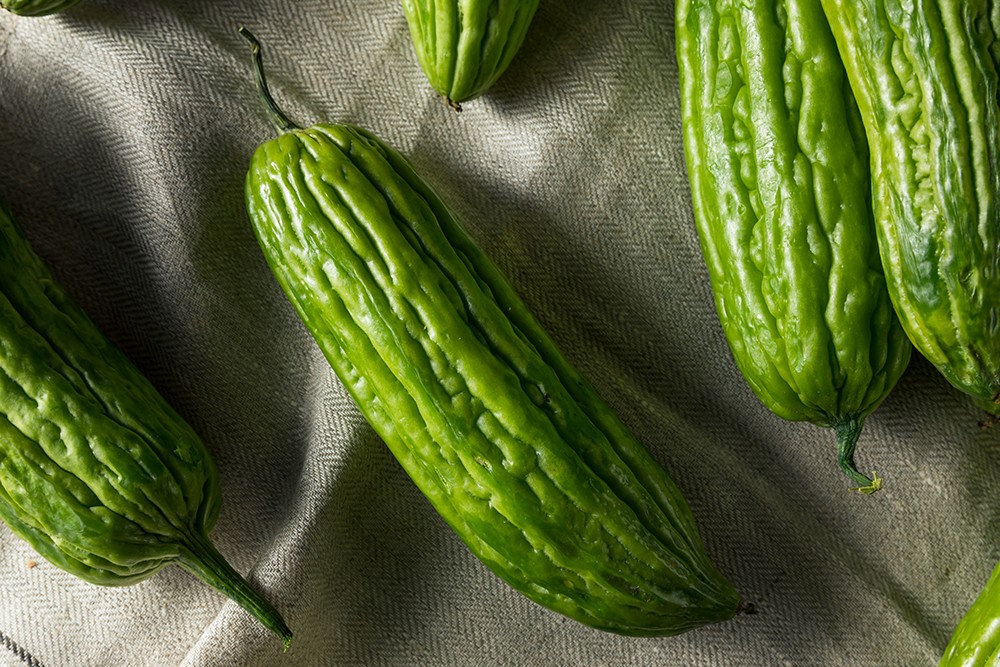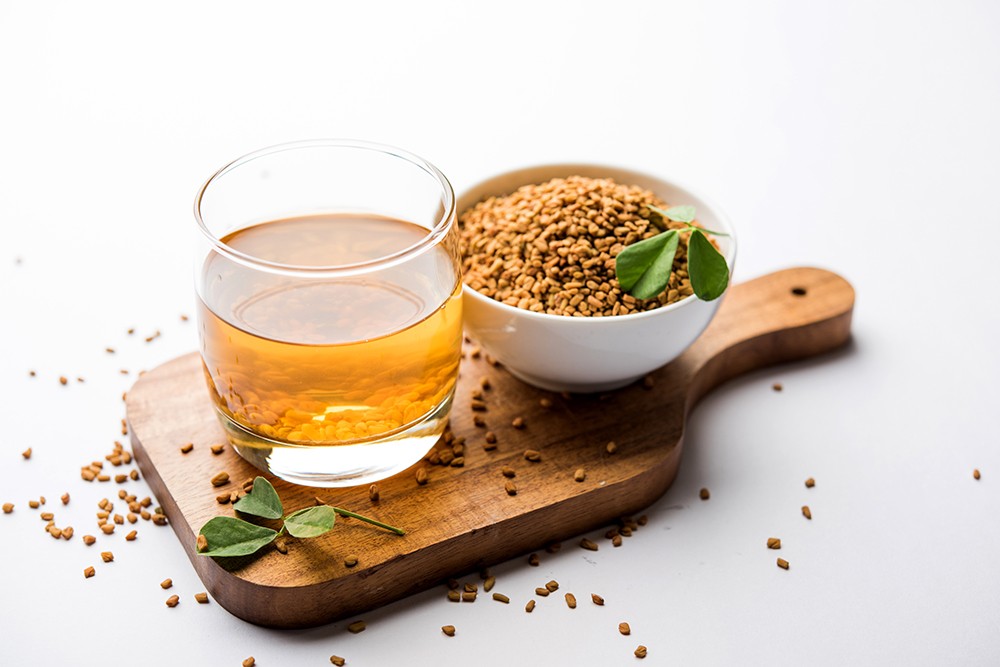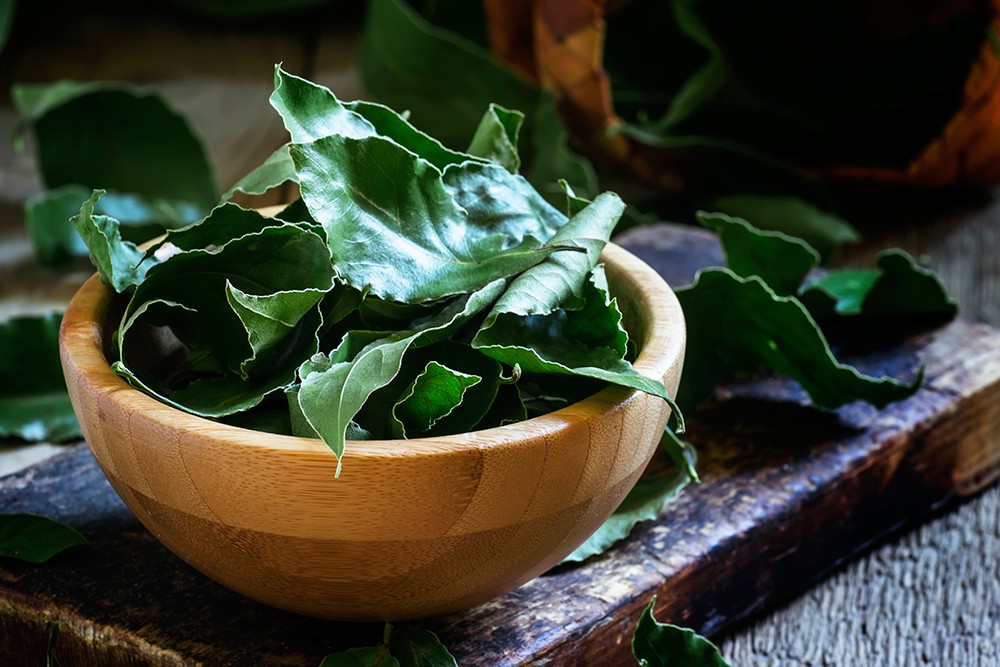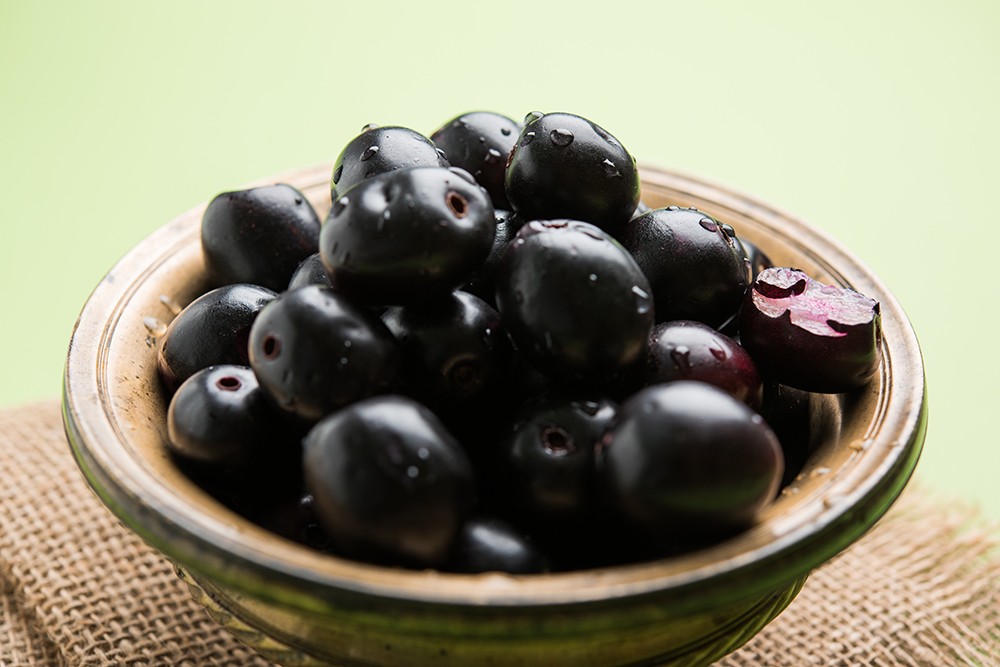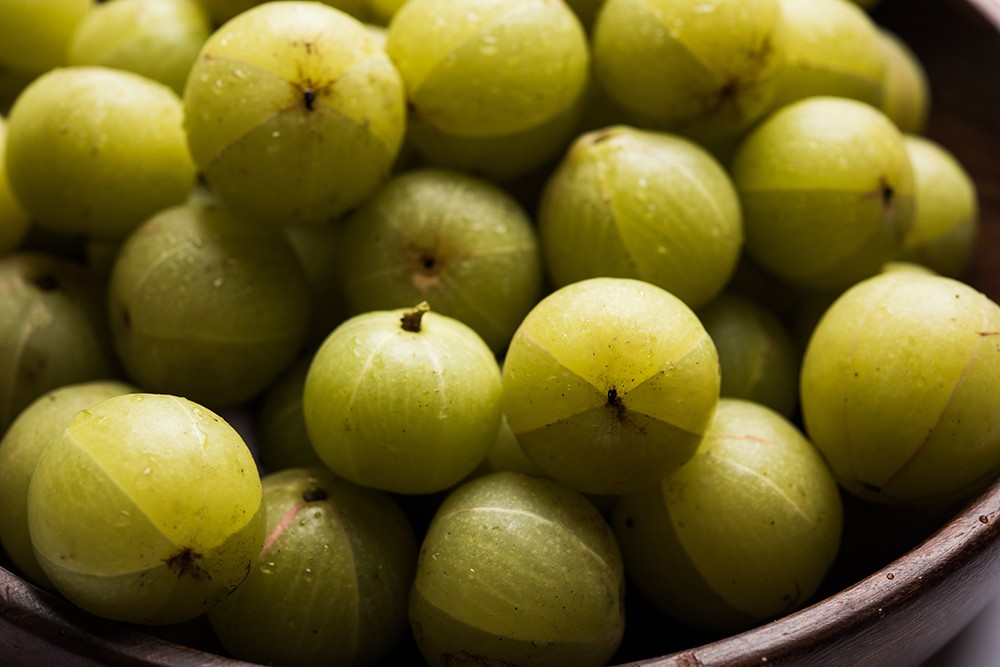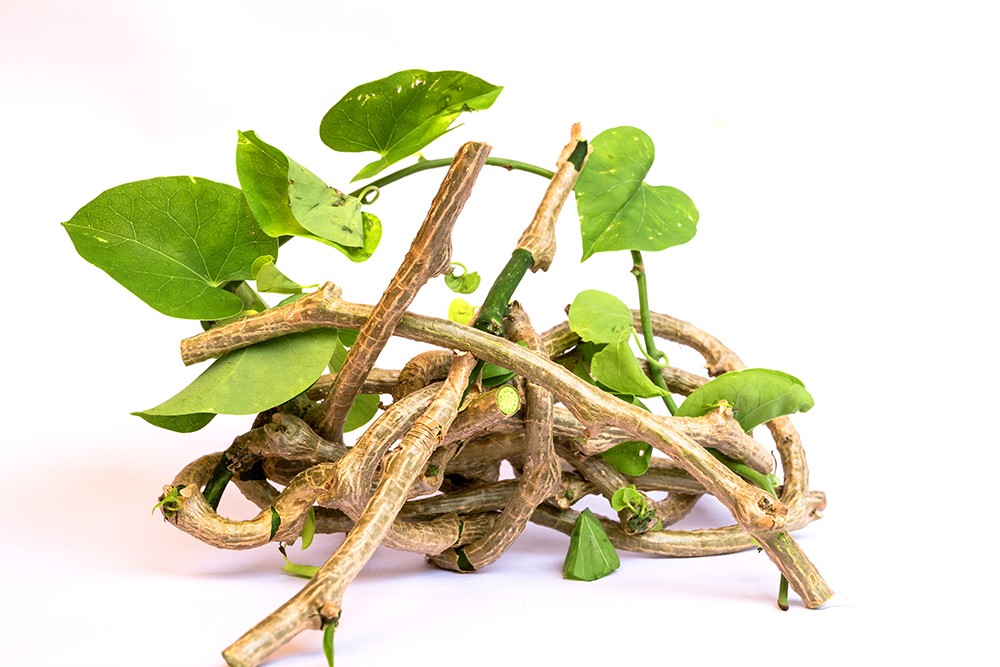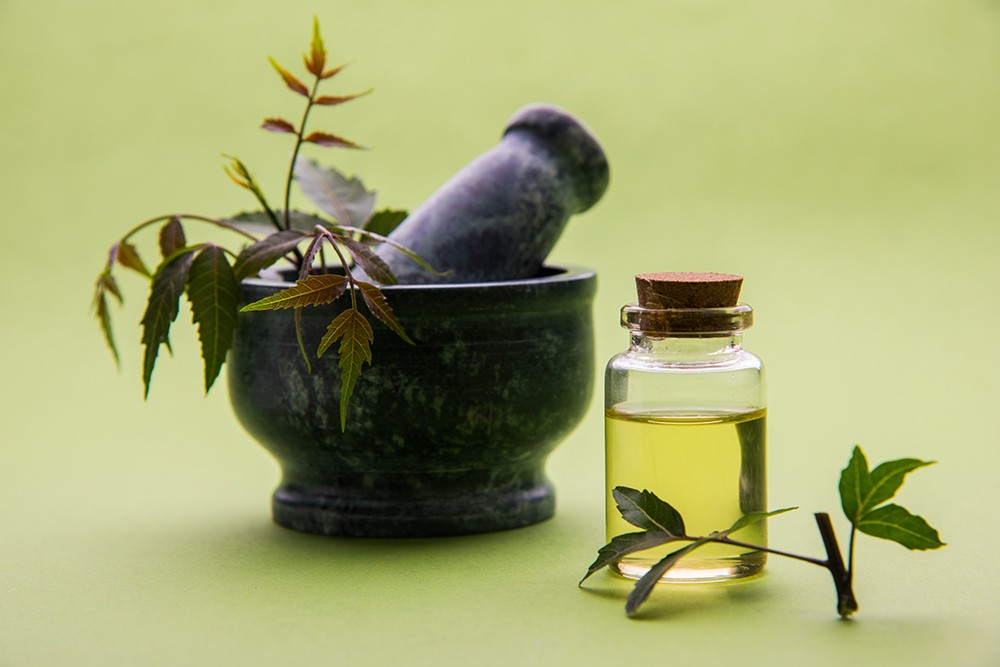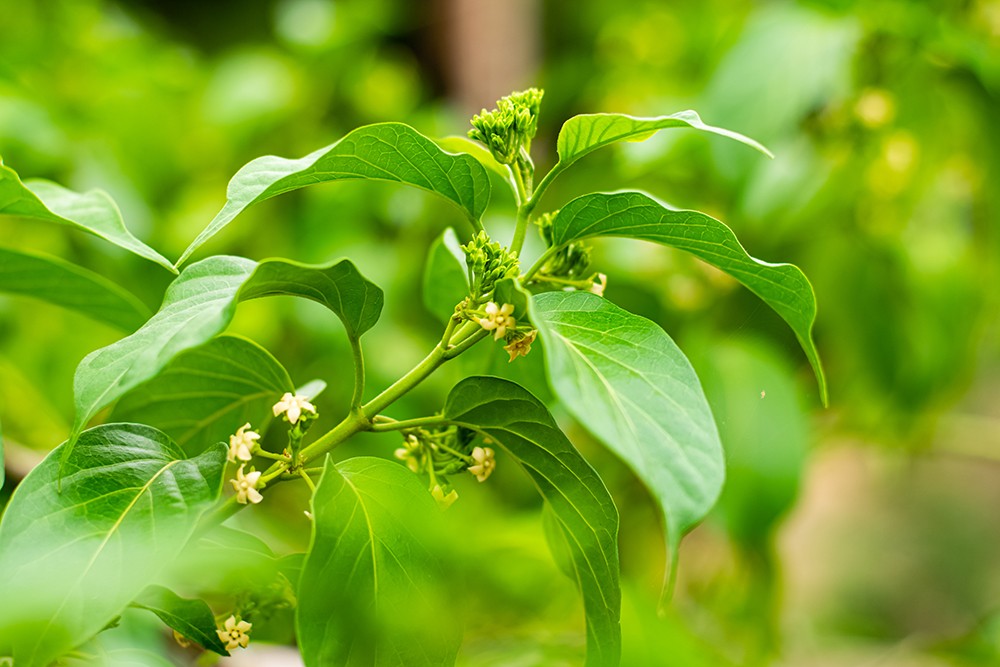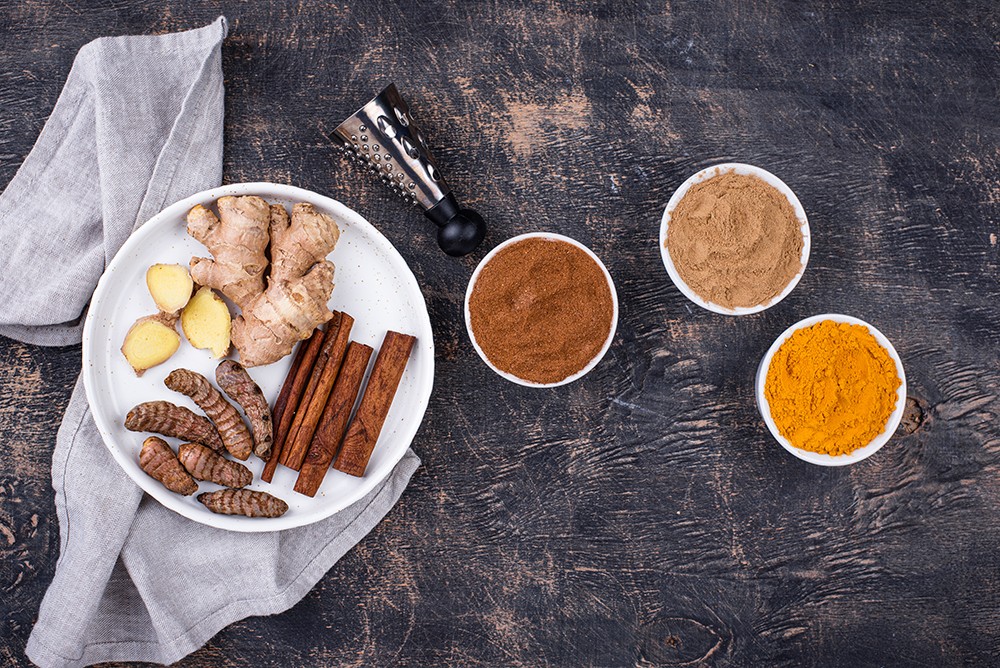Last updated on November 7th, 2023
In the present time, the lifestyle of people has become quite hectic. Therefore, it is easier for them to get into unhealthy habits. Daily life stress causes medical traumas like high blood pressure, binge eating, high cholesterol levels, depression, and more. Altogether, they lead to diabetes. The rise of diabetes is rising in the world like never before. In a span of roughly 40 years, it has approximately doubled from 4.7% of world population in the 1980s to 8.5% in the 2020s. Ayurvedic treatments are of great help in preventing diabetes. Read to know about “Best Ayurvedic Treatment and Medicine For Diabetes.”

Ayurvedic treatment for diabetes
Ayurveda is an ancient medical approach for improving various health problems and promoting overall wellness. Ayurvedic treatment for diabetes includes using herbs, lifestyle modifications, and dietary changes to manage diabetes. Read this blog to learn about the Ayurvedic cure for diabetes, along with natural remedies.
Ayurveda has been there around for several thousands of years. It includes the natural ways of healing illnesses and improving the general wellness of your mind and body. Ayurveda is a blend of modern lifestyle and healthy habits with the ancient ways of using herbs and practices to lead a healthy life. The main aim of Ayurveda is to restore the balance among mind, body, and spirit. Ayurveda has treatment for all the diseases, including the lifestyle disorder Diabetes Mellitus.

Manage Diabetes Through Ayurvedic Treatment
Diabetes mellitus is a condition that obstructs the ability of your body to respond effectively to insulin and manage blood sugar levels. Millions of diabetes patients have been able to manage their blood sugar levels with Ayurveda. Along with this, it also helps in avoiding the onset of severe complications due to diabetes. There are research papers that advocate the effectiveness of Ayurveda in managing diabetes. Ayurveda has a clinical record of reducing HbA1c in diabetics and preventing comorbidities from getting out of hand. Ayurveda gives a holistic treatment to people with diabetes type-1 and type-2. It helps them to address the cause of diabetes and promote overall health benefits.
Also Read: Blood Sugar Levels Chart By Age

Increasing Inclination Towards Ayurvedic Approach for Treating Diabetes
In the present time, many branches of medical science help treat several diseases. Regardless, there is a rise in the demand for Ayurvedic treatment for diabetes. Ayurveda relies on herbal medicines. Ayurveda uses natural ways of healing the mental, emotional, and spiritual well-being of individuals. The main reasons for the growing popularity of treatment for diabetes in Ayurveda are:
- There are no side effects of consuming Ayurvedic medicines.
- Ayurvedic treatments may be slow, but they show a long-lasting effect.
- Ayurvedic treatments for illnesses do not cause any hormonal imbalances in the body.
- The formula of Ayurvedic medicines comes from herbal compounds. Hence, they are natural.
Also read: Blood glucose level in mmol/l
Best Ayurvedic Medicine for Diabetes Patients
1. Bitter gourd(Karela)
It is one of the staple food items of a diabetic diet. It is rich in hypoglycemic biochemical substances that are capable of managing fluctuations in blood sugar levels. There are studies that prove bitter gourd’s effectiveness in lowering sugar levels. Therefore, people with diabetes type-1 and type-2 should consume bitter gourd all the way. Drinking bitter gourd juice every day in the morning will give you the best results.
2. Fenugreek seeds
Galactomannan is a natural compound found in Fenugreek seeds. It helps in reducing the rate of digestion and carbohydrate absorption. Soak around 10 grams of fenugreek seeds in a glass of water overnight. People with diabetes should drink this water on, empty stomach in the morning. Fenugreek has been proven to lower diabetes in studies.
3. Bay leaf
Bay leaf has a wide range of use in Ayurveda, including in the treatment of diabetes. Prepare a mixture of bay leaf, aloe vera gel, and turmeric. Take this mixture before meals to prevent fluctuations in your blood sugar levels.
4. Jamun
Jamun or black plum or Java plum has many medicinal properties, including its ability to control blood sugar levels. Jamun is beneficial in regulating and promoting the production of insulin in your body.
5. Indian Gooseberry(Amla)
Amla or Indian gooseberry is a rich source of Vitamin C and antioxidants. It helps in regulating the absorption of carbohydrates in your body. Additionally, the presence of chromium in Indian gooseberry helps in improving insulin sensitivity. You can eat it raw or prepare its candy to stimulate pancreatic cells to reduce your blood sugar levels.
6. Giloy
It is one of the most effective herbs that are helpful in diabetes management. It contains a hypoglycemic agent that stimulates insulin production in your body. In addition to this, it also helps in burning excess blood glucose in your body. Therefore, it helps in lowering blood sugar levels in two ways.
7. Neem
It is another herb that is full of multiple medicinal properties. Hence, it is used widely in the manufacturing of diabetes medicines. It has glycosides and flavonoids that help in controlling blood sugar levels. Doctors suggest drinking neem water as a supplement to keep your blood sugar levels in control.
8. Vijaysar
Vijaysar helps manage blood sugar levels. It has anti-hyperlipidemic properties that help in reducing cholesterol levels, low-density lipoprotein, and serum triglyceride levels in your body. Vijaysar also helps in subsiding the symptoms of diabetes like frequent urination, inflammation of limbs, and overeating. It ultimately helps improving digestion and keeps up the production of insulin in your body to maintain your blood glucose levels. 
9. Gurmar
It is a kind of woody vine that grows in the tropical regions of the countries like Australia, India, and Africa. The sugar destroyer is a popular name of Gurmar. It has the compounds like flavonols that add a positive effect on diabetes. Take one teaspoon of Gurmar leaves powder with water at least half an hour after meals. It helps in regulating the absorption of carbohydrates in your body.
10. Banyan Tree Bark
The banyan tree is a well-known herb for treating diabetes. It has anti-diabetic properties as it contains glycosides and flavonoids. The bark of the banyan tree is an effective anti-diabetic solution for people with pre-diabetes. You need to soak a piece of banyan tree bark in water overnight. Blend the bark in water then, filter to consume the extract. You can also have the bark in powdered form with water. 
Summary
Nature has blessed humans with so many herbs, ingredients, and food items rich in medicinal values. Their medicinal properties help in treating many illnesses like diabetes. The therapeutic properties of fenugreek seeds, gurmar, giloy, neem, jamun, etc., help reduce blood sugar levels. Such herbs and ingredients also help improve insulin resistance and promote insulin production in your body to control diabetes.
Many remedies are there in Ayurveda for diabetes management. There are Ayurvedic medicines and supplements for diabetes patients that help them to control their blood sugar levels. Different Ayurvedic medicine manufacturers have diabetes medicines with various names in the market. However, common ingredients of those medicines that help in diabetes management are:
Accessible Ayurvedic Medicines for Diabetes
According to Ayurveda, diabetes patients should first limit the intake of sugar and simple carbohydrates. They are the main contributing factors in increasing your blood sugar levels. Additionally, there are some accessible Ayurvedic home remedies for diabetes. Anyone can prepare the following solutions at home to maintain sugar levels:
- Mix Kutki, Punarnava, Guduchi, and Shardunika and prepare a powder. Take half a teaspoon of this powder two or three times with lukewarm water. It will help you to control diabetes.
- Drink warm turmeric water on an empty stomach in the morning. You need to take a glass of lukewarm water and add a pinch or two of turmeric to prepare your first drink in the morning.
- Ginger tea is also helpful in stabilizing your blood sugar levels. You can add grated ginger in your morning tea to reduce excess Kapha in your system and control blood sugar.’
- Another simplest solution that you can prepare to keep your diabetes in control is to pour some water into a copper vessel at night. Leave it overnight as it is and drink this water every day in the morning.
- Many Indian herbs for diabetes have anti-diabetic properties. You can use asafoetida, turmeric, cinnamon, mustard, and coriander in drinks and meals to control diabetes naturally.
- Drink juice of bitter ingredients like hemp seeds, amla, aloe vera, neem, and bitter gourd to control your diabetes. According to Ayurveda, loading your body with bitter ingredients and refraining from sweets is also an effective way to treat diabetes.
It is essential to note that before starting any Ayurvedic medicine for diabetes type 2 or remedy for diabetes (type-1 or type-2), you should consult with a medical professional. It will enable your doctor to prescribe you the correct dosage of medicines to prevent interaction with the current medicinal prescription.
Also read: What food does not increase insulin
Managing High Cholesterol With Diabetes
Commonly, diabetes patients may have high cholesterol levels. According to Ayurveda, it happens due to fatty foods, uneven sleep patterns, lack of exercise, and improper diet in people with diabetes. Some of the ayurvedic tips that help in managing high cholesterol levels in people with diabetes are:
- Make exercise such as brisk walking, running, swimming, yoga, aerobics, and breathing exercises a part of your daily routine.
- Include the right food in your diet. Fat-free and low-carb foods and food rich in fiber and micronutrients are good for you.
- Increase the intake of fruits and vegetables.
- Extracts of Ajamoda, Arjuna, Ginger, Karela, Kalonji (black cumin), and Kokam helps in lowering cholesterol levels.
- Some herbs like Gingko, Garlic, Jatamansi, and Tulsi are also helpful in managing cholesterol levels in diabetes patients.
Ayurvedic Treatment of Eye Problems Related to Diabetes
Eye problem is one of the crucial complications of diabetes. A lot of diabetes patients experience blurry vision when their blood sugar levels increase. High blood sugar levels can also lead to glaucoma, cataract, and retinopathy. Thankfully, Ayurveda has a solution to all the eye problems related to diabetes. Ayurvedic treatment for diabetes help in reversing your eye problems and ensure that they do not occur in the future. Some effective Ayurvedic techniques that help in treating eye problems are:
- Pouring herbal medicine into the weak stream through the inner corners of your eyes.
- Pouring drops of buttermilk into your eyes.
- Gently and slowly pour a medicated or herbal oil on your forehead.
- Applying medicated paste, made of herbs, on the forehead.
- Placing hollow wells of black gram paste around the eyes and pouring medicated oil in those wells.
Consult a medical practitioner or your Ayurvedic doctor before trying out the above technique for eye problems related to diabetes.
FAQs:
How can I reduce my blood sugar immediately in Ayurveda?
Methi dana water carries effectiveness in reducing high blood sugars in diabetics. It comprises fibre and slows down the digestion process. It helps in controlling the carb and sugar absorption in the body.
What is the Ayurvedic treatment for diabetes permanently?
Common herbs used in the treatment of diabetes involve:
- neem
- shilajit
- cinnamon
- triphala
- coccinea indica
- fenugreek
- turmeric
- aloe vera
- amalaka
- bitter gourd
- leaves of bilva
- gymnema
- bay leaf
Can diabetes treated with Ayurveda?
There is no permanent treatment for diabetes, however people may control their high glucose levels via Ayurvedic remedies.
What are the ways to bring your blood sugar levels down quickly?
Consume Jamun or black plum, amala (raw, jam, or rasanaya), and drinking bitter gourd juice can quickly help you control sudden sugar spikes. If you experience the symptoms of hypoglycemia, try these tips to control your blood sugar levels. When you start consuming Jamun, amal and other natural ingredients with diabetes control properties, you will not have to worry about how to cure diabetes naturally.
What are the Ayurvedic tips for diabetes or gestational diabetes in pregnant women?
Ayurvedic treatments help treat the overall health of women during their pregnancy. It helps in minimizing the complications in pregnancy and reduces the risk for the baby. Diabetes and gestational diabetes can be under control with the help of a combination of ayurvedic medicines, diet changes, and lifestyle changes.
How much time do the Ayurvedic treatments take to control blood glucose levels?
Unlike the Allopathic medicines, you may not get instant results in diabetes management with Ayurvedic treatment. The treatment for diabetes in Ayurveda involves using natural ingredients that take more time to deal with your body. The human body takes more time to respond to the universal and slow processes to show the cure effect. Ayurvedic diabetes medications are the safest and effective way to treat diabetes. Over time, you may notice the cure effect of Ayurvedic treatment on diabetes.
Can Ayurvedic treatments cure diabetes?
Diabetes is a non-curable lifestyle disorder. However, you may control blood sugar levels with lifestyle changes and medications. Ayurvedic treatments, on the other hand, help cure diabetes type-2. Diabetes and its symptoms get minimize in patients who have been consistent with Ayurvedic medicines for treating diabetes.
What approach does Ayurveda follow to treat diabetes?
Ayurveda follows a systematic and scientific approach to treat diabetes. According to Ayurveda, Vatta, Pitta, and Kapha (Tridoshas) are the three factors that govern the human body. These are the bio-energies. The balance of Tridoshas means perfect health. Any imbalance of Tridosha results in illness. Thus, Ayurveda aims at balancing or re-establishing Tridoshas to treat health problems like diabetes mellitus.
Last Updated on by Dr. Damanjit Duggal
Disclaimer
This site provides educational content; however, it is not a substitute for professional medical guidance. Readers should consult their healthcare professional for personalised guidance. We work hard to provide accurate and helpful information. Your well-being is important to us, and we value your feedback. To learn more, visit our editorial policy page for details on our content guidelines and the content creation process.

 English
English
